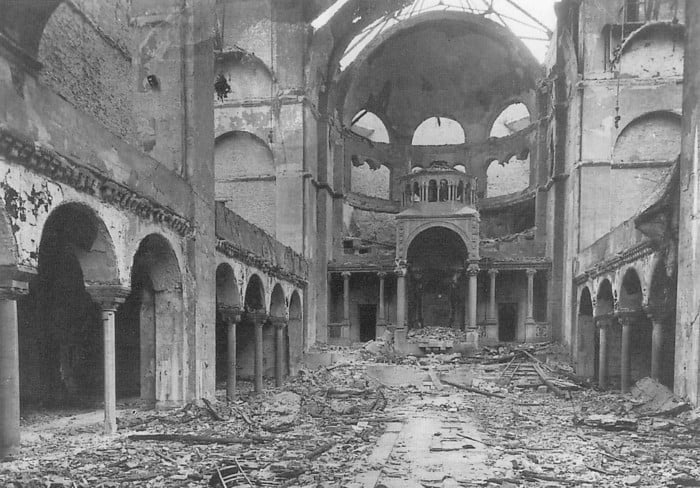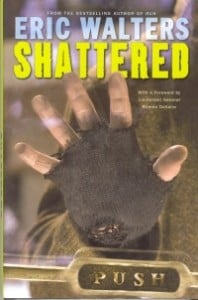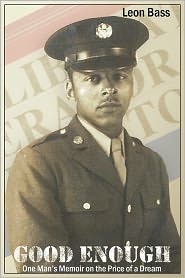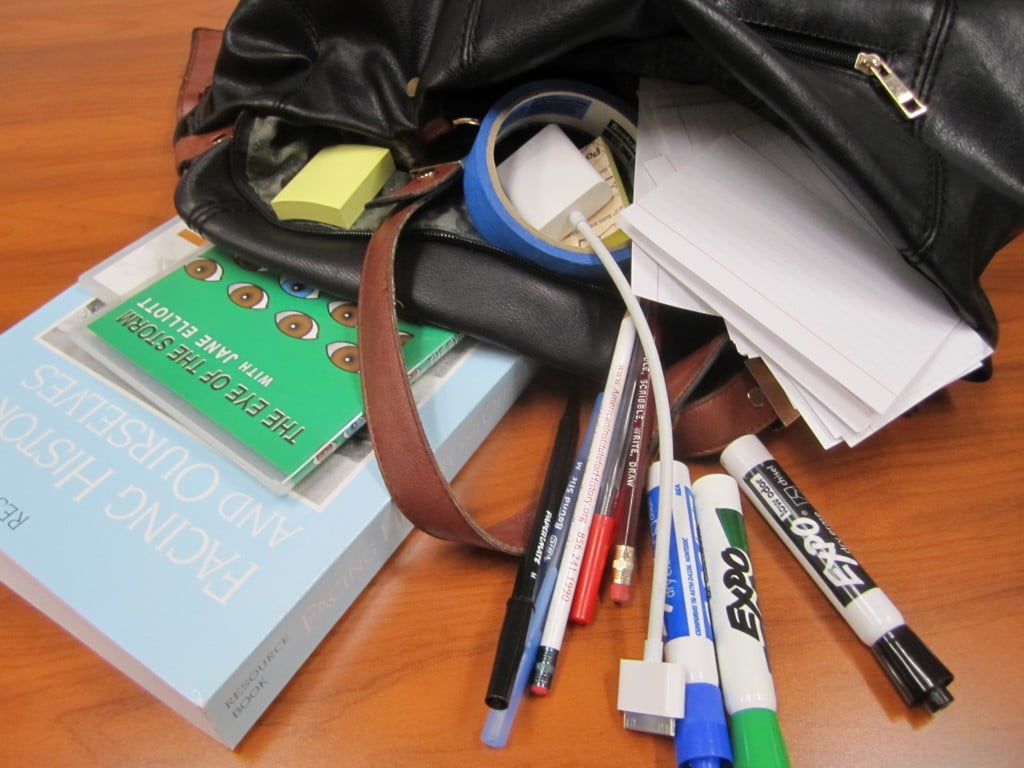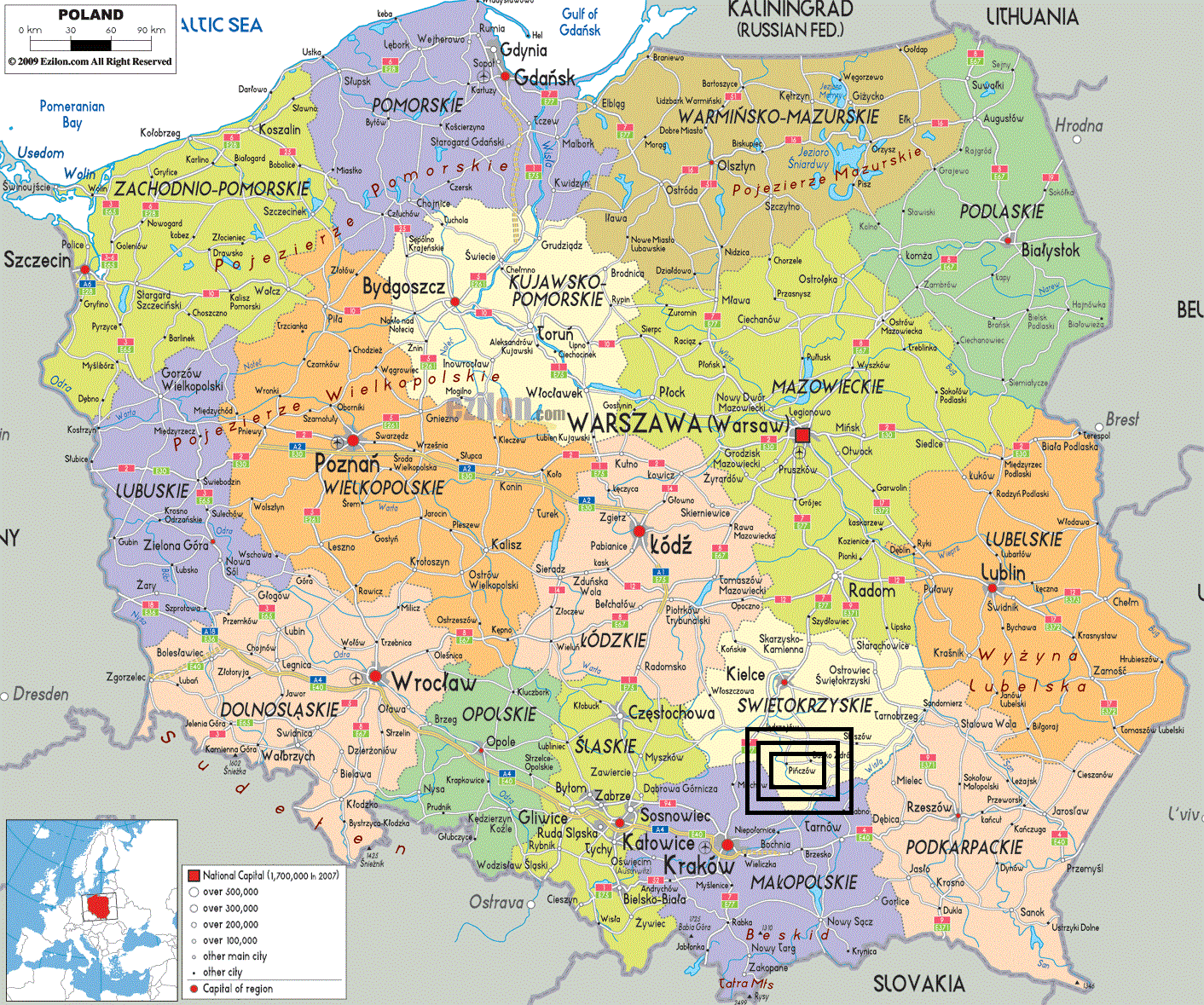Yesterday we said goodbye to a great teacher.
Celebrating and Teaching the Life of Nelson Rolihlahla Mandela
Posted by Dylan Wray on December 6, 2013
Topics: Facing History Resources, History, Memorial, In the news
Commemorating Kristallnacht: Connecting to the Past, Learning Lessons for the Present
Posted by Ben Gross on November 7, 2013
This Saturday marks the 75th anniversary of Kristallnacht or “Night of the Broken Glass." On the night of November 9th, 1938, Nazis and their followers looted and destroyed thousands of Jewish homes and businesses, and scores of synagogues. They killed over ninety Jews that night, and sent over 30,000 others concentration camps.
Topics: Choosing to Participate, History, Memorial, current events, genocide, Genocide and Crimes Against Humanities Course, In the news, Social Justice, reflection
Rob Flosman is assistant head of history at Waterdown District High School in Hamilton. This year he is writing for our sister blog InterFacing. I don't want to give away all the details about his incredible project, the goal of which is to make history personal, relevant, and alive for his students and community, because he says it so well himself! With the support of a 2013 Margot Stern Strom Innovation Grant from Facing History and Ourselves, Rob is in the process of creating a truly incredible legacy for his school and community. Click here to read his first blog on the early stages of his project.
Topics: Choosing to Participate, Facing History Resources, Identity, History, Technology, genocide, legacy, Genocide and Crimes Against Humanities Course, CHG, Personal history
From Summer Seminar to School: What I Took Back to My Classroom
Posted by Facing History and Ourselves on October 17, 2013
As a middle school teacher I was often asked why I was giving up a week of my summer to attend the Facing History and Ourselves’ Holocaust and Human Behaviour seminar. “You don’t teach that time period,” being the most frequent comment. They were right. But there was something about Facing History and how they approached teaching that piqued my interest and so I went.
Topics: Back-To-School, History, Middle School, We and They, Summer Seminar, Literature, reflection, English
Facing History Toronto is delighted to introduce five Class Sets now available for our qualified* teachers to borrow and share with their students.
Topics: Facing History Resources, Genocide and Crimes Against Humanities Course, English Classroom, Literature
Farewell from Jasmine Wong (just for the year) and welcome to new Program Associate Ben Gross!
Posted by Liz Kelleher on August 26, 2013
Topics: In the news
A familiar feeling is in the air as the Labour Day long weekend approaches. It might be hard to put our finger on if it wasn’t such an important part of such a large portion of our lives; school. The first day of school is one filled with excitement, promise, and expectation.
As our students arrive in our classrooms, we need to be ready to facilitate the creation of a safe and open learning environment. That first day, and those first few weeks, set the tone for the rest of the year.
What’s in YOUR bag this year as your students meet you back in the classroom? What tools, strategies, lessons are your “go-to” items to help you engage, inspire, and push your students to new heights?
Topics: Back-To-School, Strategies, Lesson Ideas
When there is injustice in our world, do we stand idly by and watch it happen? When we hear stories of innocent citizens being targeted by laws meant to oppress and destroy people, do we act? When do you speak up? When should you care? Should you act when it only concerns you?
Topics: Human Rights, current events, In the news, Social Justice, LGBTQ, Personal history
Our group spent a good bit of time walking around Warsaw and seeing its sites. The first thing to realize about Warsaw is that it is an old looking but newly constructed city. Our guides said that the Germans destroyed at least half the city when they captured it in 1939. The destruction of the Warsaw Ghetto in 1943 after the suppression of the Rebellion accounted for 10 per cent more destruction and the failed uprising of August - October 1944 destroyed another 25 per cent and depopulated what had been a city of 1.3 million. We saw a film of the destruction in the Museum of the Warsaw Uprising and the visual record is a stunning one. Entire neighborhoods were obliterated and less than 1000 lived amidst the rubble. Two hundred thousand Poles, some of them Jewish survivors of the Warsaw Ghetto Uprising, lost their lives--many simply shot randomly on street corners (marked throughout the city).
Topics: Professional Development, History, Genocide and Crimes Against Humanities Course, Personal history
This summer, Jack Lipinsky, along with 10 other Facing History and Ourselves teachers from Jewish day schools around North America, participated in a week-long study trip to central Poland. The trip was led by Facing History’s Director of Jewish Education Jan Darsa. It was sponsored by Polish non-profit The Forum for Dialogue Among Nations. His experiences, in particular his visit to the town of Pińczów, impacted him greatly.
Topics: Choosing to Participate, History, We and They, Culturally Responsive and Relevant Pedagogy, In the news, Personal history, reflection

